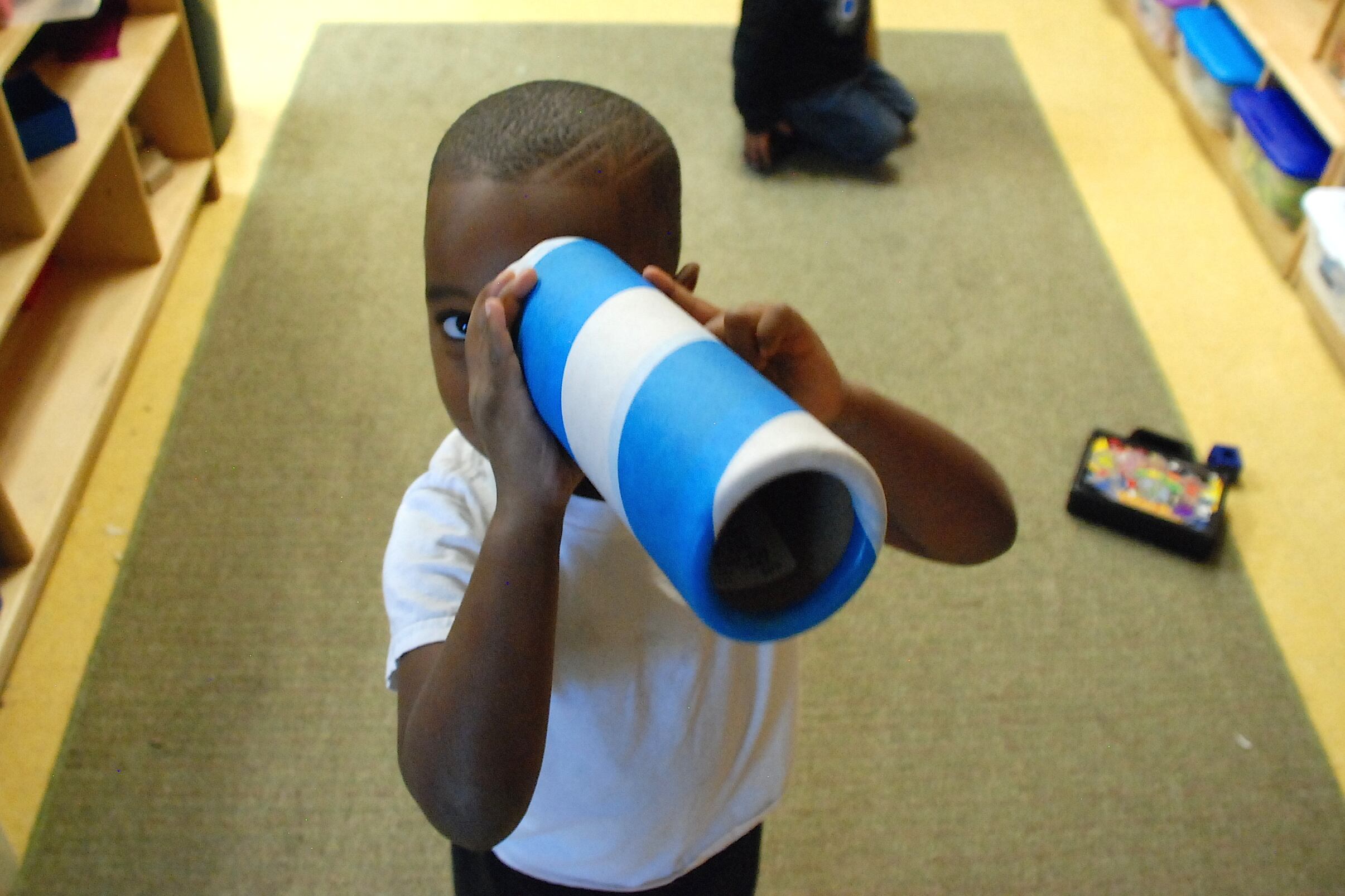Eighteen months after taking office, Chicago Mayor Lori Lightfoot is making a move to unify the city’s fragmented early childhood system, which has been pummeled by funding changes, leadership departures, and the pandemic.
On Thursday, the mayor’s office said it is taking the first steps toward developing a broader plan that could be a hallmark of her administration. The plan could lead to improved access to child care and public health resources for Chicago’s 160,000 infants, toddlers, and children under age 5, something Lightfoot had pledged to do during her campaign.
Early education advocates have been wondering since Lightfoot took office how and when she would deliver on that pledge. A plan was expected earlier this year but delayed because of COVID-19.
“What we have heard through our engagement with stakeholders over this past year is that people want to know: What is the vision?” said Sybil Madison, Chicago’s deputy mayor of education. “Our hope is to build a very coordinated system that will help support the health and development of children from prenatal and birth across and into formal education.”
The mayor’s office announced a new working group and charged it with drafting a plan by spring. The goal is to broaden access to programs and improve outcomes in a city where just 28% of children — and only 1 in 5 Latino children — show up to kindergarten with the reading, math, and social skills to start school.
Calling the effort “Every Child Ready Chicago,” the city promised more equity and accountability, a nod to concerns that too much decision-making has been made secretly at City Hall.
“Our hope is that this process is going to build trust. We also plan for this to be a transparent process,” said Madison.
City Hall is working with Start Early, the early childhood advocacy organization formerly known as Ounce of Prevention. Former Illinois First Lady Diana Rauner, who runs the organization, said in a statement Thursday that the goal is a more “unified, equitable, and accountable early childhood system.”
Rauner will serve on the group’s eight-person steering committee, along with Madison; Lightfoot’s early education director, Jennifer Alexander; and the second-in-command at Chicago Public Schools, LaTanya McDade, among others. The 33-person working group includes educators, parents, and early childhood advocates.
Asked by Chalkbeat whether the working group will meet publicly, a spokeswoman for Start Early and a spokeswoman for the mayor both said a decision hasn’t been made.
Unlike the public school system, which has a school board appointed by the mayor that meets publicly, there is not one governing body that oversees early education and few venues for public accountability.
Under the city’s previous mayor, Rahm Emanuel, Chicago embarked on a four-year universal prekindergarten rollout that was supposed to serve as a North star for strengthening early childhood programs. But the architects of the plan left City Hall after Lightfoot was elected, while Chicago pressed ahead with the overhaul of a $200 million grant program that funds the bulk of programs for young children. In the end, several longtime providers lost grant money, sowing distrust among community providers.
After a string of safety problems at centers, the federal government is now reconsidering how much money it gives Chicago to operate Head Start programs, a key funding source.
“We have had a history in Chicago of leaders making this a priority in the city and in the philanthropic sector, but we still suffer from this disconnection,” said Kristin Bernhard, senior vice president for policy and advocacy at Start Early and a task force steering committee member. “We recognize that our resources are not being used to the greatest benefit, and that too many children don’t have access to early childhood programs. It’s a good time for all of us to come together.”
Lightfoot campaigned on creating birth-to-five “zones” that would link programming for infants and toddlers to those for preschool-age children, and she said she’d stay the course on her predecessor’s universal pre-k goals despite some criticism during her campaign. In her tenure, Chicago schools have opened more preschool classrooms, albeit at a slower pace due to the pandemic, and convened a citywide early education hearing.
It’s not yet clear how COVID-19 will affect the city’s early childhood system, as the pandemic has squeezed centers around the state and the country. It’s also unclear how many children under 5 are enrolled in child care across private centers, community organizations, and schools, and how many families are struggling with access. One of the working group goals is to spur better data collection.





